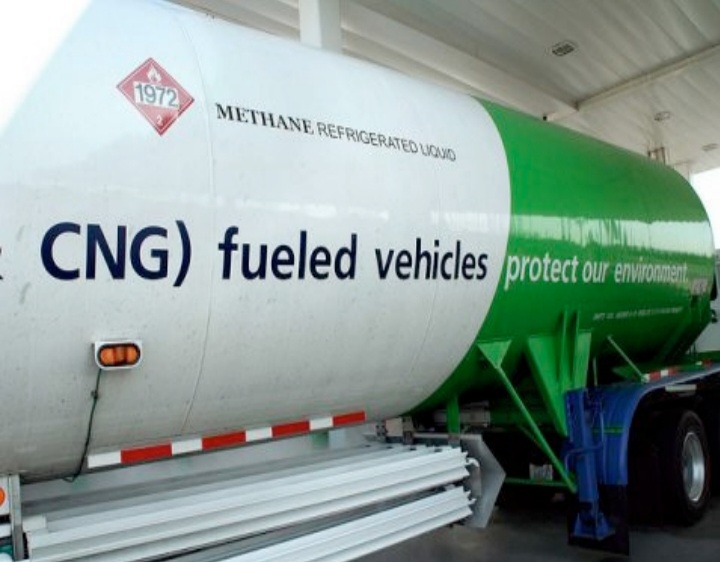Fact Check: Can CNG-powered auto vehicles catch fire due to speeding?

Ruth Orji
Claim– CNG-powered auto vehicles tend to catch fire while speeding.
Earlier this week @PrinceSomorin on X posted that compressed natural gas (CNG) when used to run auto vehicles can cause said vehicles to explode whilst driver is speeding.
https://x.com/PrinceSomorin/status/1836770993597014277?t=xijIcKUzrfApcwsMU6mPHw&s=08
This post has since gathered 558,000 views; 2,029 likes; 1,473 reposts; 1,191 bookmarks.
NatureNews, Africa’s foremost newspaper on climate change, which is dedicated to providing accurate insights to stop the spread of fake news particularly among users of social media, subjected the claim to fact checking.
Findings: Using the Google search tool in conducting this research, NatureFact, the fact checking unit of NatureNews, accessed a few papers and studies.
A thorough fact-checking investigation has revealed that this assertion is actually false.
@urscienceplug debunks this iterating how safe CNG actually is.
https://youtube.com/shorts/RYCTTlJonjI?si=Y9yQ8YRn_ADcaa6d
@EcoSnooki gives us 10 reasons why CNG is safer and healthier that petrol vehicles.
https://youtu.be/UwP1wLuVqvU?si=nMIGz5XgTlt2mtx-
@MadisonCarsandElelectric corroborates this
https://youtu.be/85zPxf66aeg?si=V5vDpJkYej4Tbwpo
Compressed Natural Gas (CNG) is generally considered safe for driving cars, but like any fuel source, it has its risks and precautions:
Safety Advantages:
- Non-toxic and non-corrosive
- Lightweight and non-explosive in case of leakage
- Less flammable than gasoline or diesel
- CNG tanks are designed to withstand crashes and leaks
Potential Risks:
- High-pressure tank rupture (rare)
- Fuel line leaks or damage
- Incorrect installation or maintenance
- Limited fueling infrastructure
Safety Features:
- CNG tanks are protected by:
– Reinforced materials
– Protective coatings
– Pressure relief valves
- Vehicles equipped with CNG have:
– Specialized fuel systems
– Enhanced electrical systems
– Safety sensors and shut-off valves
Driver Precautions:
- Regular maintenance and inspections
- Follow manufacturer guidelines
- Ensure proper fueling procedures
- Monitor CNG tank pressure and expiration dates
Benefits:
- Lower operating costs
- Reduced greenhouse gas emissions
- Domestic fuel source
- Improved energy security
Overall, CNG is a safe and viable alternative fuel option for driving cars, with proper precautions and adherence to industry standards.
Additional information:
It is note worthy to mention that CNG tanks ought to be changed every 3-4 years to eliminate leakage and prevent combustion.
Verdict– False. CNG powered vehicles do not combust on high speed.
